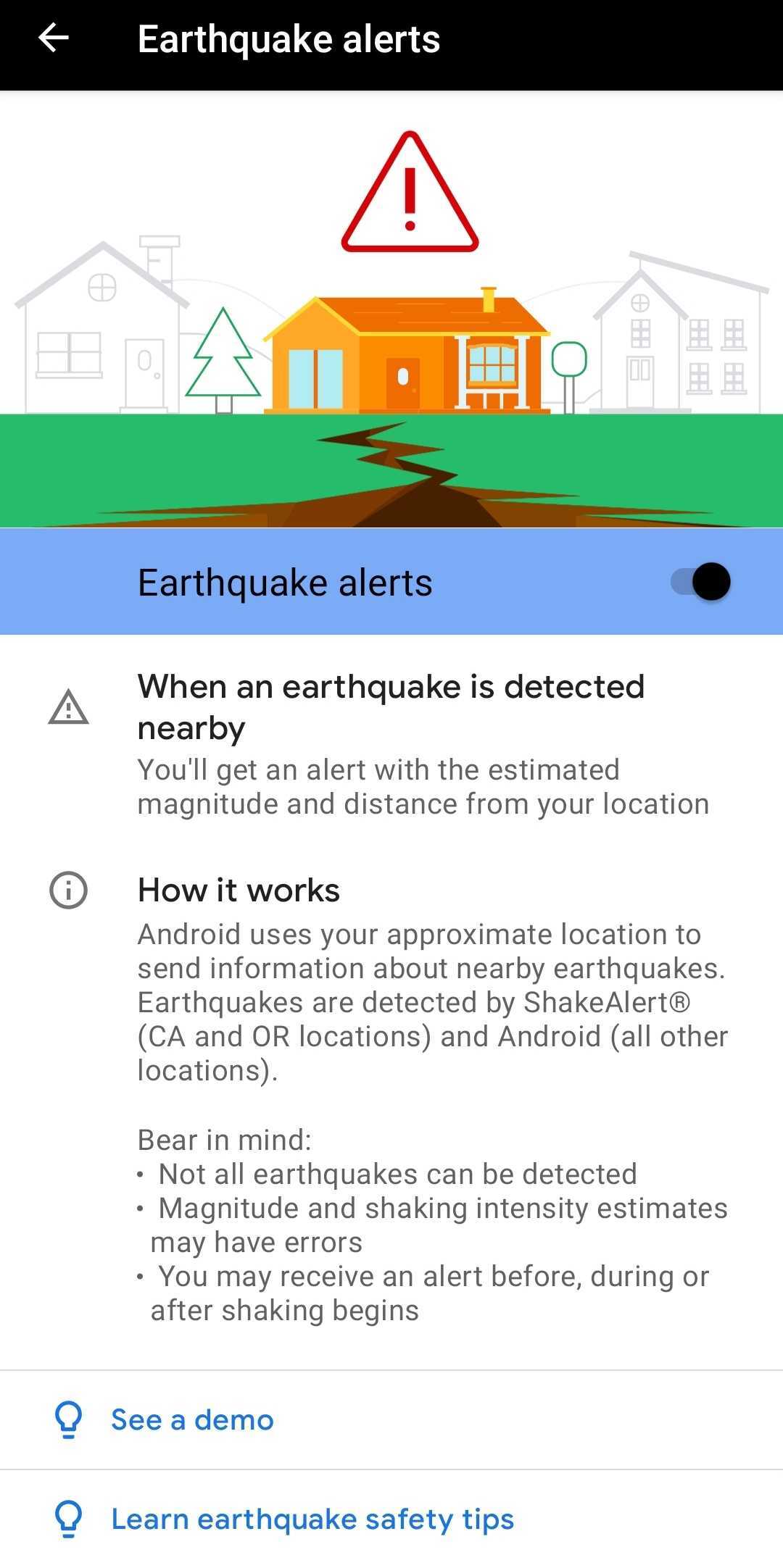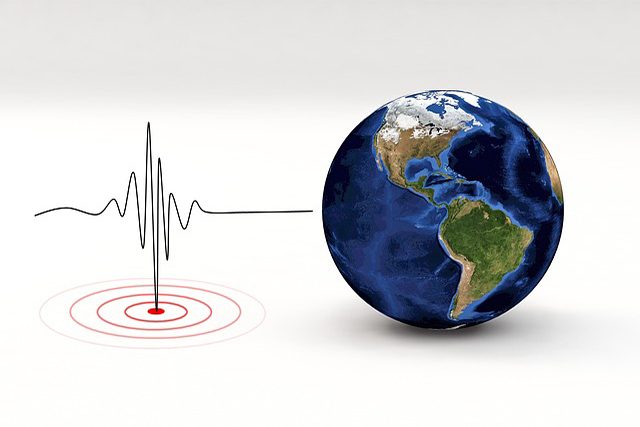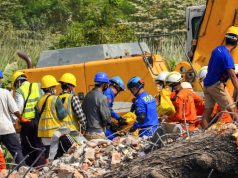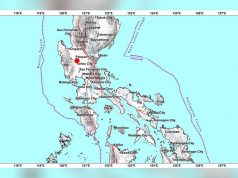Some Filipino Android users received earthquake alerts from Google’s new update before the quake that struck Occidental Mindoro early in the morning of September 27.
Google’s new earthquake alert system was among the new features rolled out to Android devices last June.
READ: PSA: Android smartphone users can now get earthquakes alerts in advance
In Google’s blog post, the Android Earthquake Alerts System is part of the internet giant’s initiative to create the world’s largest earthquake detection network.
“With this free system, people in affected areas can get alerts seconds before an earthquake hits, giving you advance notice in case you need to seek safety,” read the post.
When an earthquake did hit several parts of the country hours earlier, some Filipinos were impressed with the accuracy of this new feature.
They took to Twitter to share the screenshots of their Google earthquake alerts and their thoughts about it.
They also used the hashtag #EarthquakePH in their tweets which dominated conversations on the micro-blogging platform on the same day.
“Bruhhh this new update is accurate wtf, the moment my phone vibrated it was legit shaking. Stay safe!” one user said.
“Got the Google Alert right away. #EarthquakePH,” another user wrote.
“Google / Android is becoming really good at predicting when the quakes will happen. Got this again a minute before it happened,” another user commented.
“The earthquake alerts from Google is indeed helpful. I was just a few seconds away in getting a good sleep when suddenly the alert came and just a few seconds after the earth is shaking. Hope everyone is safe (prayer emoji),” another user shared.
To activate this alert system on your smartphone, here are the steps:
- Go to Settings.
- Click on the Location.
- Click the “Earthquake Alerts” to “On.”
Its interface contains information on how the detection works, a demo on how your device will notify you and online sources via Google to earthquake safety tips.

As of writing, the hashtag #EarthquakePH garnered more than 25,000 tweets as Filipinos checked on one another after the tremor was felt in various areas in Metro Manila and nearby Luzon provinces.
Others were also thankful for the loud text alerts of National Disaster Risk Reduction and Management Council they received during or after the earthquake struck.
RELATED: Did you receive delayed or confusing NDRRMC alerts? Here’s why
“In fairness dun sa text message alert ah. Nauna talaga seconds before the actual lindol. #EarthquakePH,” one Twutter user said.
“Yung di ka nagising sa #lindol pero sa text ni NDRRMC napatayo ka #EarthquakePH,” another user wrote.
The Philippine Institute of Volcanology and Seismology reported that a magnitude 5.7 earthquake jolted Occidental Mindoro at 1:12 a.m. on September 27.
#EarthquakePH #EarthquakeOccidentalMindoro#iFelt_OccidentalMindoroEarthquake
Earthquake Information No.1
Date and Time: 27 Sep 2021 – 01:12 AM
Magnitude = 5.7
Depth = 074 kilometers
Location = 13.85N, 120.41E – 023 km N 50° E of Looc (Occidental Mindoro)https://t.co/0iLZvI1dmT pic.twitter.com/ffW8JnyG9I— PHIVOLCS-DOST (@phivolcs_dost) September 26, 2021
The epicenter was traced 23 kilometers off the town of Looc in the province.
In its advisory, Phivolcs also stated that tremors were also registered in the following areas with different intensity levels:
Intensity V – Tagaytay City; Amadeo, Cavite
Intensity IV – Malolos City and Obando, Bulacan, City of Manila, Marikina City; San Mateo, Rizal, Las Pinas City; General Trias and Tanza, Cavite; San Juan City
Intensity III – Quezon City; Pasig City; Makati City, City of Antipolo, Rizal; Valenzuela City
Intensity II – Palayan City, Nueva Ecija
Instrumental Intensity:
Intensity V – Tagaytay City
Intensity I – Palayan City, Nueva Ecija
Based on Phivolcs’ Earthquake Intensity Scale, Intensity V is categorized strong wherein a tremor is generally felt by most people indoors and outdoors.
“Many sleeping people are awakened. Some are frightened, some run outdoors. Strong shaking and rocking felt throughout building. Hanging objects swing violently. Dining utensils clatter and clink; some are broken. Small, light and unstable objects may fall or overturn. Liquids spill from filled open containers. Standing vehicles rock noticeably. Shaking of leaves and twigs of trees are noticeable,” the PEIS read.










